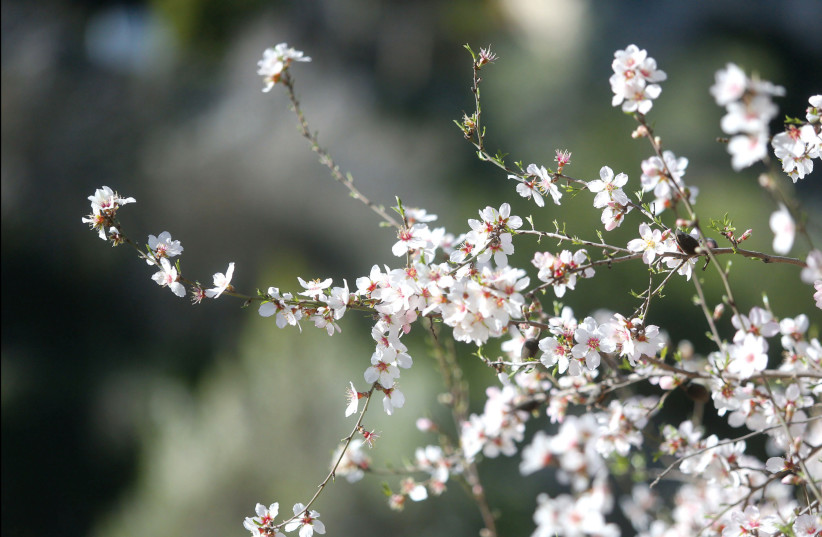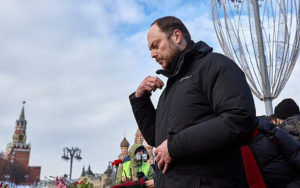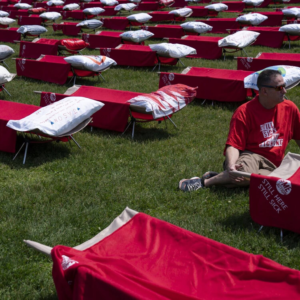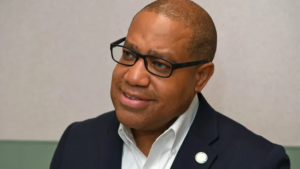It is as though an invisible force has joined this year’s Tu Bishvat holiday to the International Holocaust Remembrance Day, on January 27.
This year, we celebrate Tu Bishvat in the shadow of the Swords of Iron War. Now, during the war, planting throughout the country has special meaning of renewed growth and hope and also delivers an important, empowering message: we are here, with our strong roots deep in the soil. Even strong winds cannot bring down a strong tree.
Here, in our beloved country, planting trees is part of everyday life. It is a process, and processes take time, patience, and attention. Growth is not immediately seen, and some of it occurs underground, slowly and delicately. Let us not make a mistake: this is exactly what we need right now: belief in the process, in the process, in the way we walk in, even if it is slow and difficult. It is with this belief that accompanies us every day during the war that we will win, revive the towns that were destroyed and strengthen their residents.
Connecting Tu Bishvat to International Holocaust Remembrance Day
It is as though an invisible force has joined this year’s Tu Bishvat holiday to the International Holocaust Remembrance Day, on January 27. A clear line leads from destruction to rebirth and rebuilding. The history of the Jewish people is full of suffering and horrors, from the destruction of the Temple in Jerusalem and the expulsion of Jews from Spain to the Holocaust, but Jewish history is not the history of tragedies; rather, it is the history of revival.
The history of the Jewish people is not a sequence of expulsions and pogroms; it is a sequence of the rebirths that came after them, of rising from the ashes, of the ability to see the present, and of hope for what the future could mean for our lives in this land. On January 27, 1945, the gates of Auschwitz opened, and many Jews found themselves facing a ruined world. They stood at the lowest point in Jewish history.
Members of my own family also perished; my father’s aunt perished with her husband and four children in Greece and Treblinka. Millions of families were destroyed, communities were burned, and property was stolen. Survivors had all the reasons in the world to give up, lose hope, and run away, but they did the exact opposite.

In their darkest hour, they found their chance for revival. The hope that Jews have carried since the exodus from Egypt, was in their hearts. History made them face the ultimate test that Jews must face: In time of destruction, will you be able to see Jerusalem rebuilt? The question “Can we rise after the destruction?” is not historical; it is extremely relevant, and it is a question each and every one of us must always ask.
Four months ago, Israel came under a barbaric terrorist attack. In the course of a single day, we experienced destruction of proportions that Jews have not faced for 80 years. This destruction will accompany us, as people and as a society, but now we face the question of what to focus on: what we were, or what we can be. I am confident that after we achieve victory, we will rebuild the injured communities, play again in the fields that were burned, and establish another link in the chain of rebirths that reflect the beautiful and hopeful face of our people.
The writer is chairwoman of KKL-JNF.




